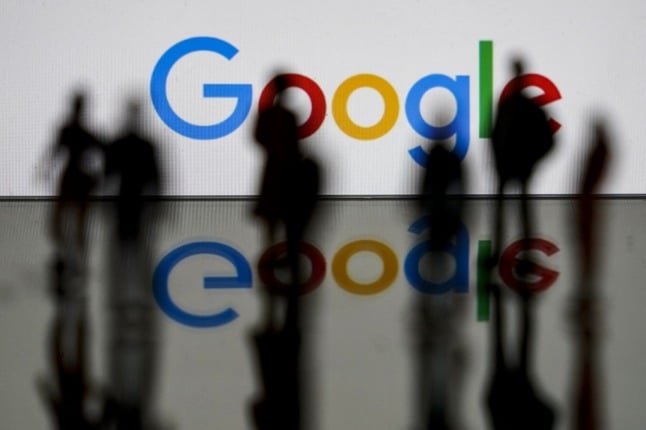According to the search engine’s annual year-end list released on Wednesday, the UEFA Euro 2016 football tournament was the year’s biggest trending search term in Switzerland.
Next came the new iPhone 7, followed by the smartphone game Pokémon Go.
International events were still uppermost in the minds of many Swiss, with searches on Brexit and Donald Trump coming fourth and fifth in the list of most searched words.
International events were still uppermost in the minds of many Swiss, with searches on Brexit and Donald Trump coming fourth and fifth in the list of most searched words.
Brexit and Trump also topped the list of 2016 scandals and things to get excited about, with Hillary Clinton coming in fourth.
Swiss were also concerned about what was happening in their own country.
Number five in this category was the Swiss People’s Party (SVP) implementation initiative on the deportation of criminal foreigners, which was voted on and rejected in February.
Less serious topics also featured strongly in the search lists.
‘How do I make my beard grow evenly,’ was a regularly asked question, presumably among Swiss hipsters.
And in a country of chocolate lovers, it was perhaps not surprising that “how do I make milk chocolate out of dark chocolate” came in at number three in the ‘how to’ list.



 Please whitelist us to continue reading.
Please whitelist us to continue reading.
Member comments